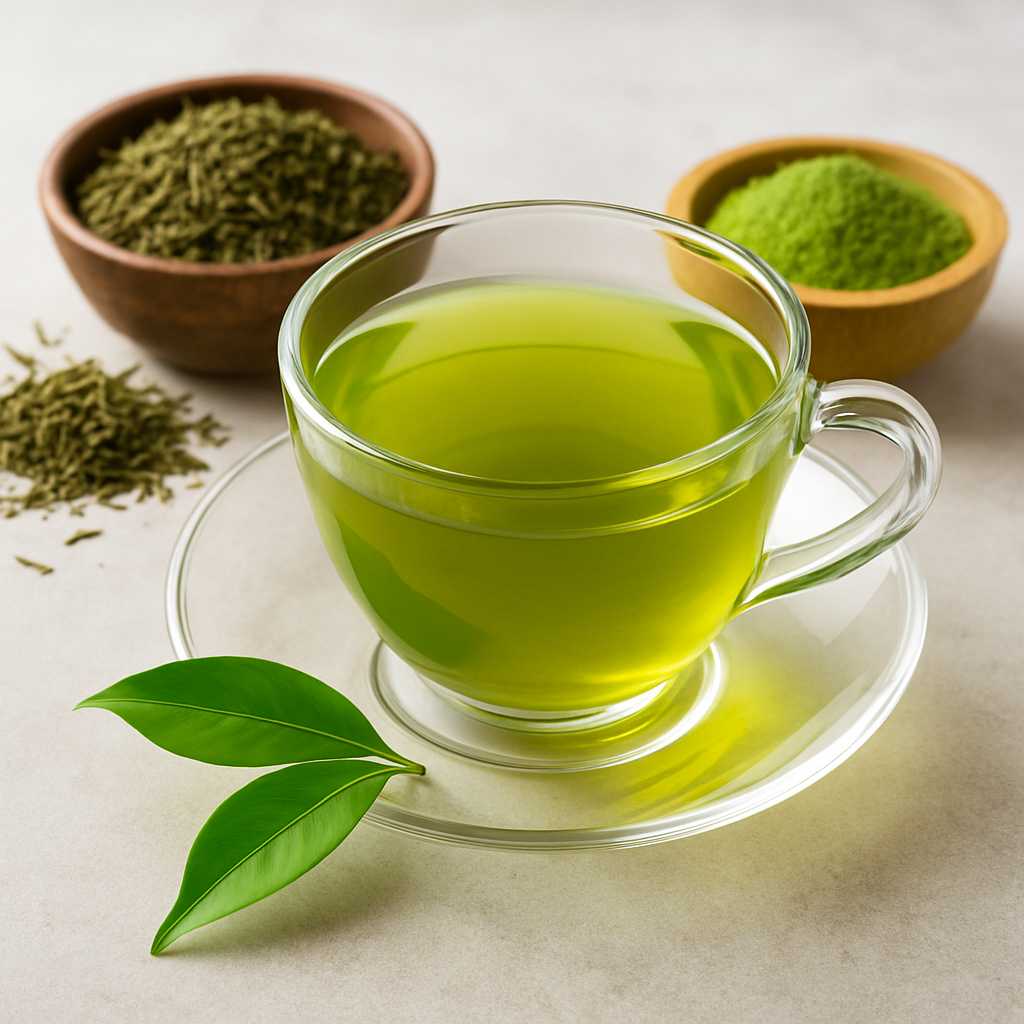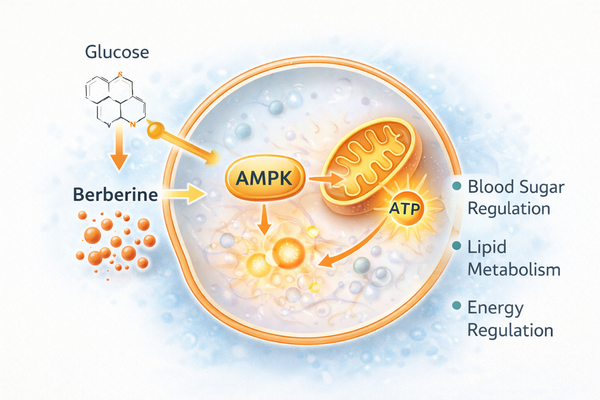The Science-Backed Benefits of Green Tea for Health and Longevity

Meta Description (145 characters):
Discover how green tea supports heart health, brain function, metabolism, and longevity, backed by scientific research and practical tips.
Introduction: Why Green Tea Deserves Attention
For centuries, green tea has been celebrated in Asia not only as a daily beverage but also as a health-promoting elixir. In recent decades, modern science has confirmed what traditional cultures have known all along: green tea is rich in powerful antioxidants, polyphenols, and bioactive compounds that can benefit nearly every system in the body. From supporting cardiovascular health to reducing the risk of chronic disease, green tea stands out as one of the most researched and widely recommended beverages for long-term wellness.
This article explores the science-backed benefits of green tea, highlighting the compounds that make it effective, the research supporting its health impact, and practical ways to include it in your daily life.
The Key Compounds in Green Tea
1. Catechins (EGCG)
The most important bioactive compound in green tea is epigallocatechin gallate (EGCG), a catechin with strong antioxidant properties. EGCG helps neutralize free radicals, reduce oxidative stress, and may protect cells from DNA damage.
2. Caffeine (Balanced with L-Theanine)
Green tea contains a modest amount of caffeine—less than coffee but enough to provide an alert, focused state. Combined with the amino acid L-theanine, it promotes calm focus without the jittery side effects often associated with coffee.
3. Polyphenols and Flavonoids
These plant-based compounds reduce inflammation, support immune function, and contribute to overall cellular health.
Proven Health Benefits of Green Tea
1. Supports Heart Health
A 2022 meta-analysis published in Nutrition Reviews (DOI:10.1093/nutrit/nuab123) found that regular green tea consumption is associated with lower LDL cholesterol, improved arterial function, and reduced risk of cardiovascular disease.
2. Boosts Brain Function
Research from the Journal of Nutrition, Health & Aging (2020, DOI:10.1007/s12603-020-1374-4) showed that older adults who consumed green tea regularly had a significantly lower risk of cognitive decline. The combination of caffeine and L-theanine enhances alertness, working memory, and reaction time.
3. Enhances Metabolism and Weight Management
A 2021 clinical trial (DOI:10.3390/nu13020348) found that EGCG in green tea can increase fat oxidation and energy expenditure, making it a useful complement to weight management strategies.
4. Supports Longevity
A large Japanese cohort study published in BMJ (2006, DOI:10.1136/bmj.38993.626169.4F) tracked over 40,000 participants and found that those who drank 5 or more cups of green tea daily had a significantly lower risk of all-cause mortality, especially from cardiovascular disease.
5. Potential Anti-Cancer Properties
While research is ongoing, several lab studies suggest that EGCG may slow the growth of certain cancer cells. Though not a replacement for medical treatment, green tea shows promise as a complementary preventive measure.
Practical Tips for Drinking Green Tea
- Optimal Brewing: Steep green tea at 70–80°C (160–175°F) for 2–3 minutes to preserve antioxidants and prevent bitterness.
- Daily Intake: Most studies show benefits at 2–5 cups per day.
- Matcha Option: Matcha, a powdered form of green tea, provides higher concentrations of EGCG and antioxidants since the entire leaf is consumed.
- Timing: Avoid drinking green tea late at night if sensitive to caffeine.
- Pair with Healthy Habits: Combine green tea with a balanced diet and exercise for maximum benefits.
Beyond Drinking: Other Uses of Green Tea
- Skin Care: Topical green tea extracts are used in creams for their antioxidant and anti-inflammatory properties.
- Oral Health: Catechins may reduce bacterial growth and improve dental health.
- Stress Relief: The L-theanine in green tea can help calm the nervous system, reducing stress and improving sleep quality.
FAQs About Green Tea
Q1: How much green tea should I drink daily for health benefits?
Studies suggest 2–5 cups daily provide optimal benefits without excessive caffeine intake.
Q2: Is decaffeinated green tea effective?
Yes, decaf green tea still contains antioxidants and catechins, though levels may be slightly lower.
Q3: Can green tea interact with medications?
Yes. Green tea may affect blood thinners and certain cardiovascular drugs. Always consult a doctor if you’re on medication.
Q4: What is the difference between green tea and black tea?
Both come from the Camellia sinensis plant. Green tea is less oxidized, preserving more catechins and antioxidants.
Q5: Is matcha better than regular green tea?
Matcha contains more antioxidants and caffeine per serving, but both provide similar health-promoting benefits.
Conclusion
Green tea is more than just a refreshing beverage—it’s a science-backed tool for supporting cardiovascular health, enhancing brain function, boosting metabolism, and even promoting longevity. With centuries of traditional use and modern evidence to support it, green tea deserves a place in any daily wellness routine.
Whether enjoyed as a warm cup in the morning, a calming ritual in the afternoon, or as matcha blended into smoothies, green tea offers a versatile and powerful way to enhance overall health and longevity.



